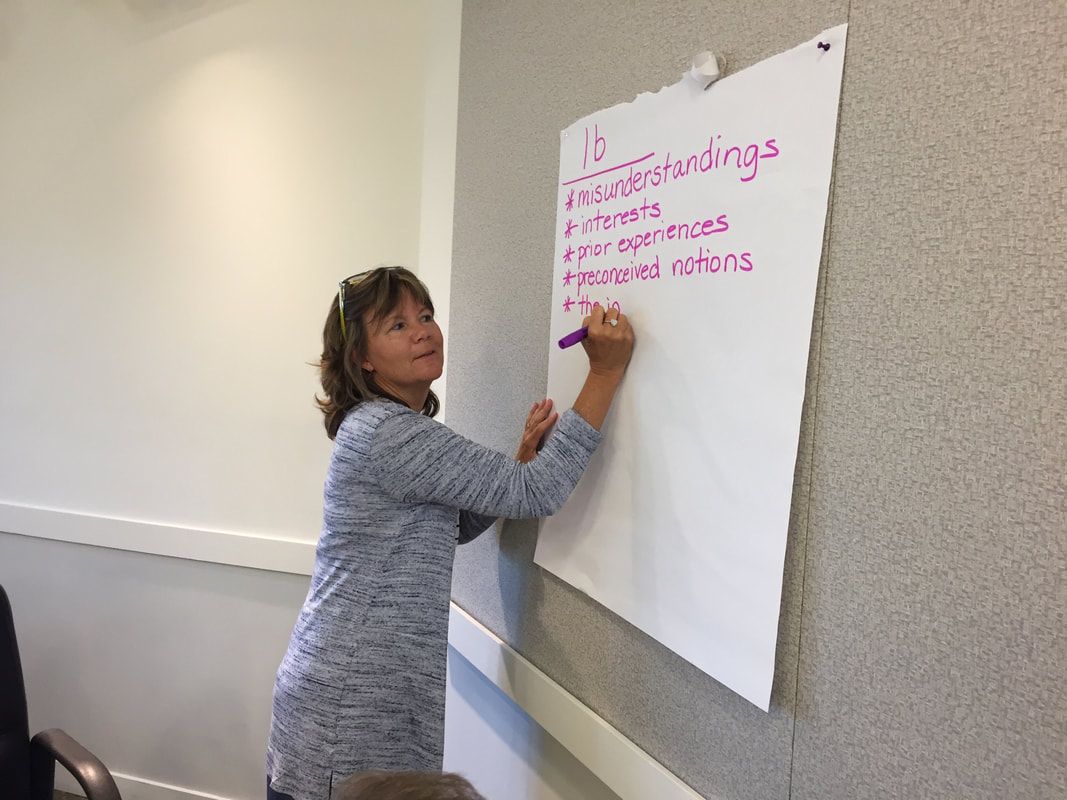|
When in doubt of a topic for a blog, I reach for the sermon I heard in church (ever wonder why I blog on Sundays?). Now, the trick is hearing the message versus getting distracted by the cute kids sitting two rows over who are playing with each other's hair. By the way, I remember quite well a time long, long ago when I was a youth group leader in an Episcopal church in Niceville, Florida and I would get distracted by the same thing----watching one of my sweet high school girls in youth group, Cammie, mess with her brother during the sermon. I admired the comraderie they had and secretly wished every family could look like that.
But back to the sermon (see? I got distracted---again). The message's premise was about the reading in which Samuel hears God calling him and goes to Eli, thinking it must be Eli calling him. Eli keeps telling him, "I didn't call you. You're hearing things. Go back to bed." (I may be paraphrasing just a tad). Finally, Eli gets it. God is the one calling. The deacon told us we needed to be able to be contemplative in order to hear the message (in other words, I shouldn't be balancing my checkbook during the sermon?; I shouldn't ignore a blatant call from God, dismissing it by saying, "I'm sure that call was for someone else. God must have gotten the wrong number"?; I should think before I speak?) . Well, this whole thing got me thinking about how teachers and school leaders communicate. First of all, how many meetings have we attended (faculty meetings whose information could easily have been, instead, communicated in an email; principal meetings in which we are simply talked TO, not able to talk WITH one another;) in which the message is lost to us because we either aren't in the listening frame of mind or we simply resist responding to the call? Take for instance the need for someone to step up and be the "pilot" or "trial" teacher to have his/her observation and post-observation and then possibly share his/her thoughts about the process with the rest of the faculty? I'm so blessed to work in a school in Tucson in which this exact scenario played out? The teacher had been teaching a number of years and is darn good at her job (that may sound like an opinion but I have evidence to back that up). :) She welcomed five of us into her classroom to watch her teach, then we sent her the evidence we collected. All of us came together later that day, after she had at least a few minutes to review the evidence. I conducted a post-observation conference with her and I asked her some pretty tough questions: What patterns do you notice in your questioning? Considering the time constraints within each lesson, how might you consider minimizing the housekeeping types of procedures and maximize the time for heavy lifting on the part of the students? At the end of the conference, I asked her for her thoughts. She said, "In all my years of teaching, this is the first time I've ever really been asked to think. I know most of what I do is really effective, but I am going to alter a couple of things I do to make things even better." Wowee!! Talk about being called and being willing to respond. And contemplative? She had that in spades. I have a friend who gave me a great acronym the other day for the word "THINK". When we ask people to think, we are asking their words to be: T: Thoughtful H: Honest I: Intelligent N: Necessary K: Kind How cool is that? Just for today, I am going to work on being contemplative, listening to the "call" and not ignoring it, even if I would rather be doing something different, and resist letting my ego control the data I receive. If all else fails, I'll go back to simply trying to get our three Labrador Retrievers to answer when we call them. :) Happy Communicating! Shelly
0 Comments
Leave a Reply. |
Shelly ArnesonCategories |



 RSS Feed
RSS Feed